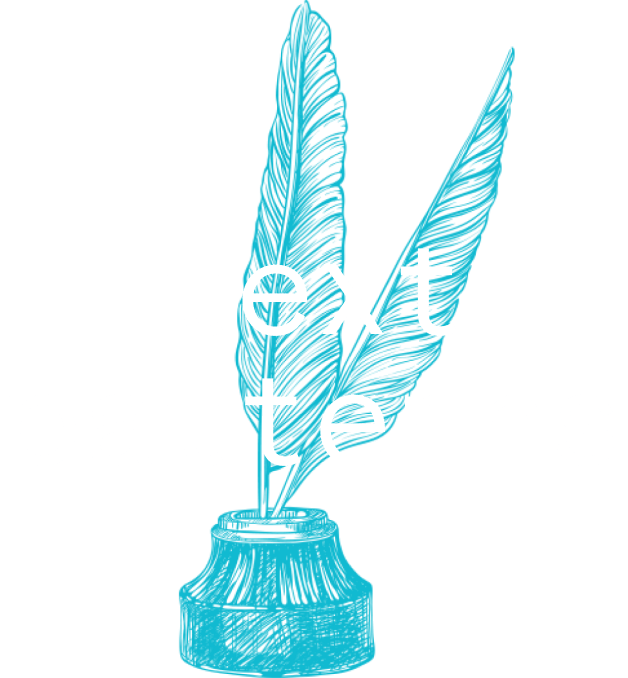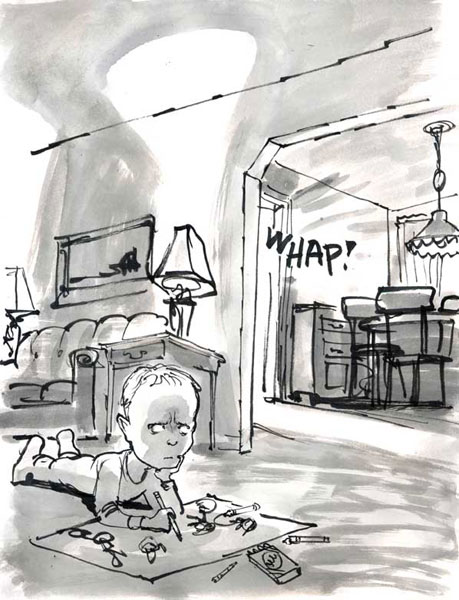June 22, 2010
Stitches
Text people — my tribe — tend not to get graphic stories. Or we struggle to get them. We zip through a whole book in less than an hour and feel cheated. “This could have been a short story!” “I bet the whole book doesn’t have more than a couple of thousand words.”To respond in this way is of course to miss the point. If...

